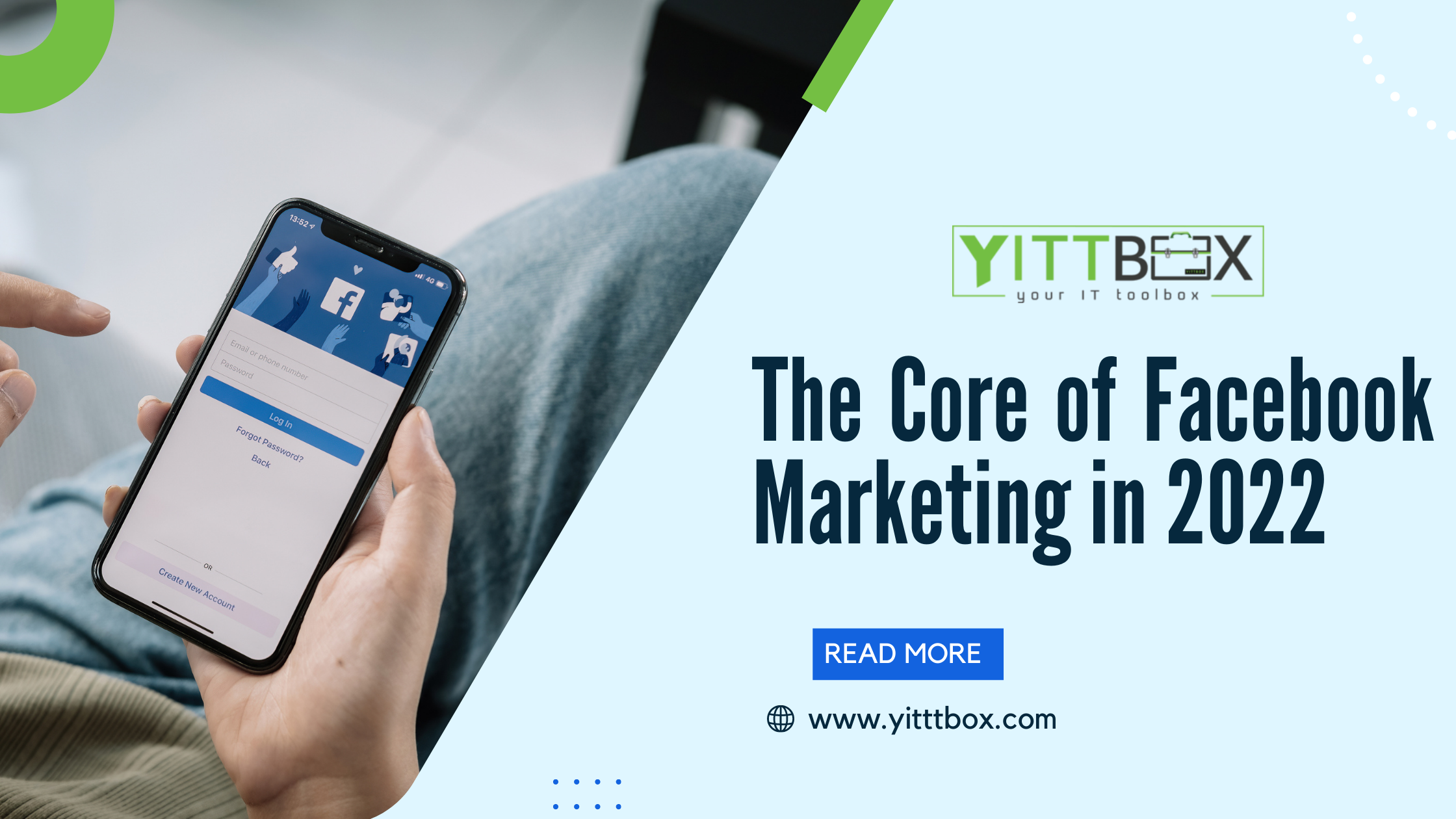Facebook has gone from an interesting social media app to a life necessity. Sure, some people can survive without inadvertently selling their personal data to Mark Zuckerberg in exchange for some life updates from friends, but in terms of how it has scoped into an important tool in communication and networking, Facebook has cracked the code.
In marketing alone, you can see how it has become such a need that every single business has a Facebook page. Given that it’s been decades since Facebook first rolled out, let’s take a look at what marketing on Facebook looks like in 2022.
The need for clickable content
Facebook is already saturated by so much content, probably trillions. With billions of business pages sharing at least one content each day, needless to say, competition for attention is tough. It follows that in order to market on Facebook, you need to share clickable content.
If a post does not pique the interest of your audience, it’s just another post convoluting their newsfeed on a day-to-day basis.
What makes clickable content will depend on your target audience, but for general marketing purposes, your content must make your audience participate.
Make the audience want to engage or communicate
There are multiple ways to tweak the text to make it more appealing and engaging. Plan your Facebook posts so that there is at least one element that will make the audience want to comment or like. A classic technique is asking questions, but not just any questions. Questions that ask them what they prefer between two things, or about fun facts, are your best picks.
Content creators often involve their audience by asking them what they want to see as content in the next uploads. Post surveys, make polls, and fun little quizzes that will pique the audience’s interest. Include a call to action to encourage them to leave a comment or engage with the post in any way.
Make posts that are relevant to your audience
The very core of any marketing strategy should revolve around the target audience, but the thing is, values, principles, and things that people care about change from time to time.
Marketing especially to the younger generations requires more than just following the trends. You must voice out your support or care towards causes that they hold dear. Global studies reveal that millennials are willing to switch to a brand that supports causes they fight for even if there is no difference in quality or price in these brands. Younger generations are well-informed, making them aware of realities far from their own, supporting causes that do not directly affect them.
Go beyond hashtags. Share your Facebook platform with individuals or icons that support a good cause. Publish content on important holidays and events and express your outright support. Launch online community events through Facebook facilities like live streams and invite key speakers.
Facebook marketing is no longer just an “all about the brand” movement. The spotlight has shifted from selling to connecting and creating communities.







